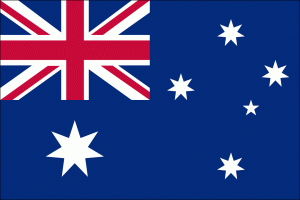 Shortly after the leak of the U.S. proposal for limitations and exceptions to copyright, Australian observers have criticized their country’s support of it.
Shortly after the leak of the U.S. proposal for limitations and exceptions to copyright, Australian observers have criticized their country’s support of it.
A statement by Green Party Senator Scott Ludlam was highly critical of the country’s trade negotiators: “information on the negotiations of the Trans-Pacific Partnership Agreement revealed over the weekend show the US and Australia want to defeat a proposed clause protecting domestic intellectual property laws. New Zealand, with the support of Chile, Malaysia, Brunei and Vietnam, proposed this clause to permit a signatory to ‘carry forward and appropriately extend into the digital environment limitations and exceptions in its domestic laws’. Only the United States and our own government oppose this perfectly reasonable provision. Why is the Government promoting the erosion of our independence in this way?”
Also last week, Professor Kimberlee Weatherall wrote in the Australian blog Crikey that “what’s really disturbing is that it looks like, yet again, Australian negotiators are quite prepared to compromise Australian interests and support unbalanced US proposals in copyright — even when most of our neighbours want something different… Copyright exceptions matter, and not just so that ordinary people can, say, record TV to watch later or use music in a YouTube parody, even so that schools, or libraries can get access to and build on existing material. Exceptions also matter for innovators — like search engines, social networks, and all those other players that build our digital infrastructure and playgrounds. Without exceptions, there are no search engines, and no YouTube.”
Both Ludham and Weatherall noted that reviews of limitations and exceptions to copyright in Australian copyright law are currently underway (for instance, by the Australian Law Reform Commission), and that the U.S. proposal would reduce the country’s flexibility to adopt limitations and exceptions to maximize national interest.




